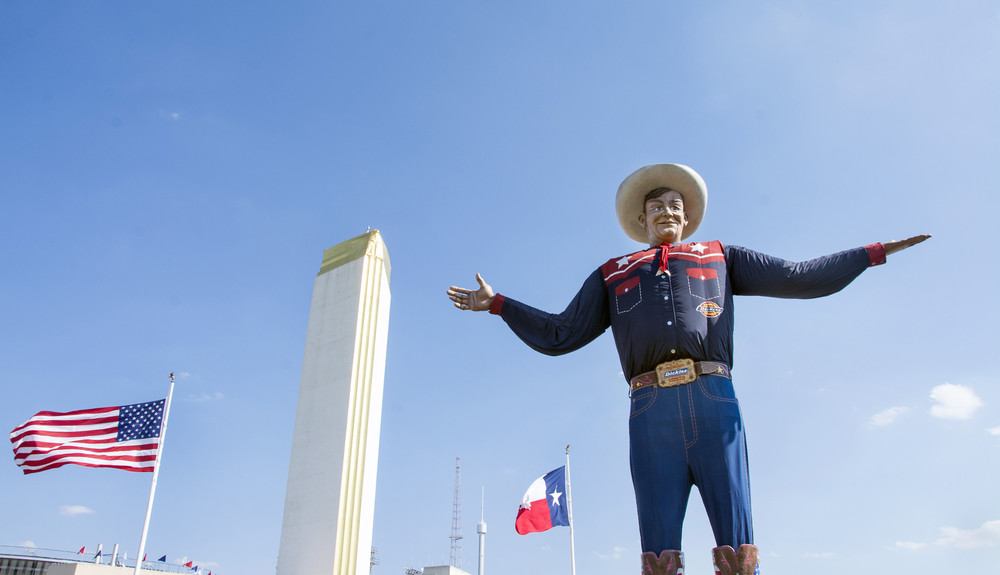President John Fitzgerald Kennedy once said that “the cost of freedom is always high, but Americans have always paid it. And one path we shall never choose, and that is the path of surrender, or submission.”
Most citizens of the United States would agree with this sentiment. Not only is it patriotic, but it circles the main idea of the country and, like so many other bold quotes from American presidents past, it’s resolute and iron-willed.
But — but! — it sort of goes against Freedom House’s 2016 “Freedom in the World Report” (which can be found here, in its entirety) which says something completely different about America as it pertains to its freedom.
It says it’s less free … than last year.
The review lists every sovereign country in the world and classifies them as either “free”, “partly free” or “not free” — according to its civil rights and liberties.
As a whole, it says that 2015 “was the tenth consecutive year that overall freedom has declined in the world.”
On their record, America dropped 2 points from 2014, but is still one of the almost 50 countries that the organization puts under its highest ranking level.
This is the explanation:
The United States did not face refugee flows or terrorist attacks on the same scale as Europe, but it too is experiencing a crisis of confidence in its democratic institutions and international role. While the American system remains dynamic and open to the participation of minorities and immigrants, its elections and legislative process have suffered from an increasingly intricate system of gerrymandering and undue interference by wealthy individuals and special interests. Racial and ethnic divisions have seemingly widened, and the past year brought greater attention to police violence and impunity, de facto residential and school segregation, and economic inequality, adding to fears that class mobility, a linchpin of America’s self-image and global reputation, is in jeopardy.
With these concerns as a backdrop, the political debate over immigration and national security—at least on the right—took on an angry, anti-Muslim tone, and Islamophobic hate crimes spiked, especially after 14 people were killed in a terrorist attack in San Bernardino, California. Some elected officials on both sides of the political spectrum also cast doubt on America’s long-standing goal of supporting democracy overseas, arguing that U.S. involvement only causes instability.
Not-so-bright spots elsewhere in the world and highlighted in the report? The Middle East, Central America, China and Hong Kong and the overall refugee-fueled “xenophobia” in Western Europe.
The bright spots? Myanmar. Venezuela. Nigeria.




































